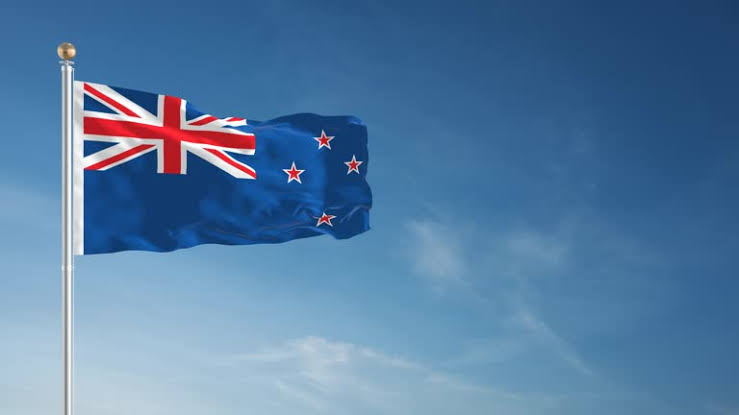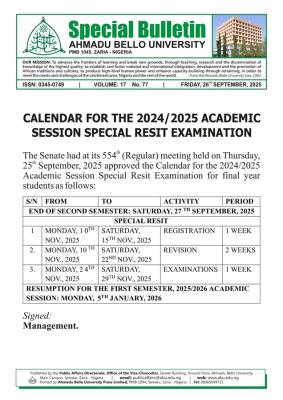In today’s fast-paced world where the boundaries between work and personal life often blur, finding the right work–life balance has become a global aspiration. While many countries struggle with long working hours, limited vacation, and inadequate family support policies, one country has stood out from the rest: New Zealand.
According to the 2025 Global Life–Work Balance Index released by Remote and reported by Fortune (August 25, 2025), New Zealand has once again been ranked the best country in the world for work–life balance—and not for the first time. This marks the third consecutive year that the island nation has held this prestigious position, showing that their approach is not just luck, but the result of long-term, people-focused policies.
Why New Zealand Is Number One
New Zealand scored an impressive 86.87 out of 100 on the index, thanks to several strong social and labor policies designed to improve quality of life. Here are the standout features:
1. Generous Paid Leave
- Workers in New Zealand enjoy 32 days of paid annual vacation—a number that surpasses most developed nations.
- This ensures that employees have enough time to rest, recharge, travel, and spend time with their families without worrying about job security.
2. Strong Maternity & Parental Benefits
- The country offers 26 weeks of fully paid maternity leave, giving new parents the chance to bond with their children without financial strain.
- Parental support doesn’t stop there—there are flexible working arrangements and childcare policies that make balancing family and work easier.
3. Universal Healthcare
- Every citizen and resident in New Zealand has access to universal healthcare.
- This reduces stress related to medical costs and contributes to an overall higher quality of life.
4. Flexible Working Culture
- Since the pandemic, remote and hybrid work arrangements have been widely embraced in New Zealand.
- Employers are increasingly judged not just on salaries, but also on how they prioritize employee well-being.
5. Cultural Attitude Towards Life
- Beyond policies, there is also a cultural mindset in New Zealand that values personal time, outdoor living, and community.
- Work is important, but it doesn’t overshadow life. This mindset aligns perfectly with the country’s breathtaking natural landscapes and outdoor lifestyle.
The Top 5 Countries with the Best Work–Life Balance (2025)
According to the index, here’s how the leading nations rank:
| Rank | Country | Key Strengths |
|---|---|---|
| 1 | New Zealand | 32 days paid leave, 26 weeks paid maternity, universal healthcare |
| 2 | Ireland | 30 days leave, 26 weeks maternity leave (partially paid), strong worker laws |
| 3 | Belgium | ~34-hour workweek, high social security, family-friendly culture |
| 4 | Germany | 30 vacation days, ~33-hour workweek, robust healthcare and labor protections |
| 5 | Norway | Universal healthcare, long holidays, strong social support systems |
These countries have one thing in common: they treat employee well-being as a national priority rather than a personal luxury.
Where Does the U.S. Rank?
The report also highlights the stark contrast between leading nations and large economies. Surprisingly, the United States ranked 59th out of 60 countries, only above one other nation.
Why so low?
- No federally mandated paid maternity leave.
- No universal healthcare.
- No guarantee of paid vacation days at the national level.
This shows how economic strength doesn’t always translate to better living standards for workers. Many employees in the U.S. work longer hours with fewer social protections, leading to higher stress levels and burnout compared to their counterparts in Europe or Oceania.
Why Work–Life Balance Matters More Than Ever
Studies have shown that employees with better work–life balance are more productive, healthier, and happier. Companies benefit too, because satisfied workers are more loyal and less likely to burn out.
Some of the key benefits include:
- ✅ Improved mental health and reduced stress.
- ✅ Better family and social relationships.
- ✅ Higher productivity and job satisfaction.
- ✅ Reduced employee turnover.
In essence, prioritizing balance is not just good for individuals—it’s also good for business and national growth.
✨ Lessons for Other Countries
New Zealand’s success provides a model for the rest of the world. Governments and companies alike can learn from:
- Implementing strong labor protections like paid vacation and parental leave.
- Providing universal healthcare to ease financial and emotional stress.
- Encouraging flexible working arrangements that allow people to live fuller lives.
- Shifting cultural values so that life outside work is seen as equally important.
🏁 Final Thoughts
New Zealand’s achievement is not just about topping a global ranking—it’s about setting an example of what is possible when a country prioritizes its people. In a world where stress, burnout, and overwork are all too common, the Kiwi model reminds us that work is only one part of life.






